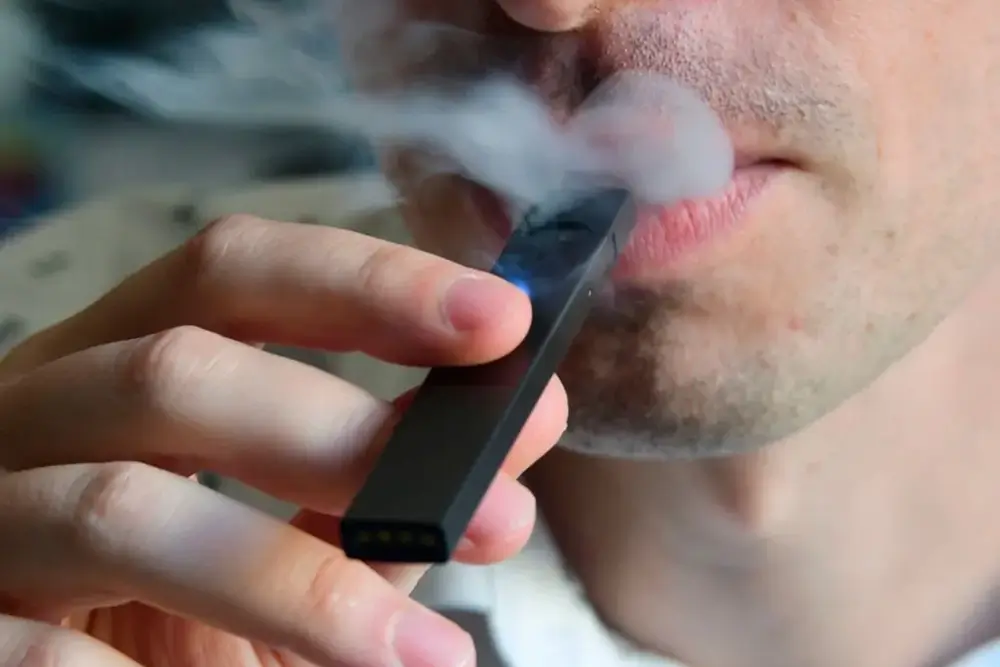In recent years, vaping has become increasingly popular as a potential alternative to traditional smoking. Beyond its appeal as a smoking cessation aid, some users claim that vaping can also offer benefits for mental health, particularly in managing stress and anxiety. But is there any truth to these claims, or are they simply anecdotal? In this blog post, we’ll delve into the relationship between vaping and mental health, exploring the research and evidence behind the potential effects of e-cigarettes on stress and anxiety.
Understanding Stress and Anxiety
Before we explore the role of vaping in managing stress and anxiety, it’s essential to understand what these conditions entail. Stress is the body’s natural response to perceived threats or demands, triggering a cascade of physiological responses known as the “fight or flight” response. While stress is a normal part of life, chronic stress can have detrimental effects on both physical and mental health.
Similarly, anxiety is a common mental health condition characterized by excessive worry, fear, or apprehension about future events. Anxiety disorders can vary in severity, ranging from generalized anxiety disorder (GAD) to panic disorder and social anxiety disorder.
The Role of Nicotine
One of the primary components of e-cigarettes is nicotine, a stimulant that is known to have both stimulating and calming effects on the body. Nicotine works by binding to nicotine receptors in the brain, triggering the release of neurotransmitters such as dopamine, which can produce feelings of pleasure and relaxation. As such, some individuals may turn to nicotine-containing products like e-cigarettes as a means of coping with stress or anxiety.
However, while nicotine may provide temporary relief from symptoms of stress and anxiety, it’s essential to recognize that nicotine dependence can develop rapidly, leading to long-term health consequences. Additionally, the effects of nicotine on mental health can vary from person to person, and some individuals may find that nicotine exacerbates feelings of anxiety rather than alleviating them.
Potential Risks and Considerations
While some individuals may perceive vaping as a way to manage stress and anxiety, it’s crucial to consider the potential risks and limitations associated with this practice. Firstly, the long-term health effects of vaping are still not fully understood, and emerging research suggests that vaping may pose its own set of health risks, including respiratory issues and cardiovascular problems.
Furthermore, using e-cigarettes as a coping mechanism for stress and anxiety may not address the underlying causes of these conditions. Instead of relying solely on vaping, individuals experiencing mental health challenges should seek support from qualified healthcare professionals, who can offer evidence-based treatments such as therapy, medication, and lifestyle modifications.
Conclusion
In conclusion, while some individuals may turn to vaping as a means of managing stress and anxiety, the evidence supporting its efficacy in this regard is limited. While nicotine may provide temporary relief from symptoms, it’s essential to consider the potential risks and limitations associated with vaping, as well as the importance of seeking comprehensive support for mental health concerns. Ultimately, individuals experiencing stress and anxiety should prioritize holistic approaches to self-care and consult with healthcare professionals for personalized guidance and support.





